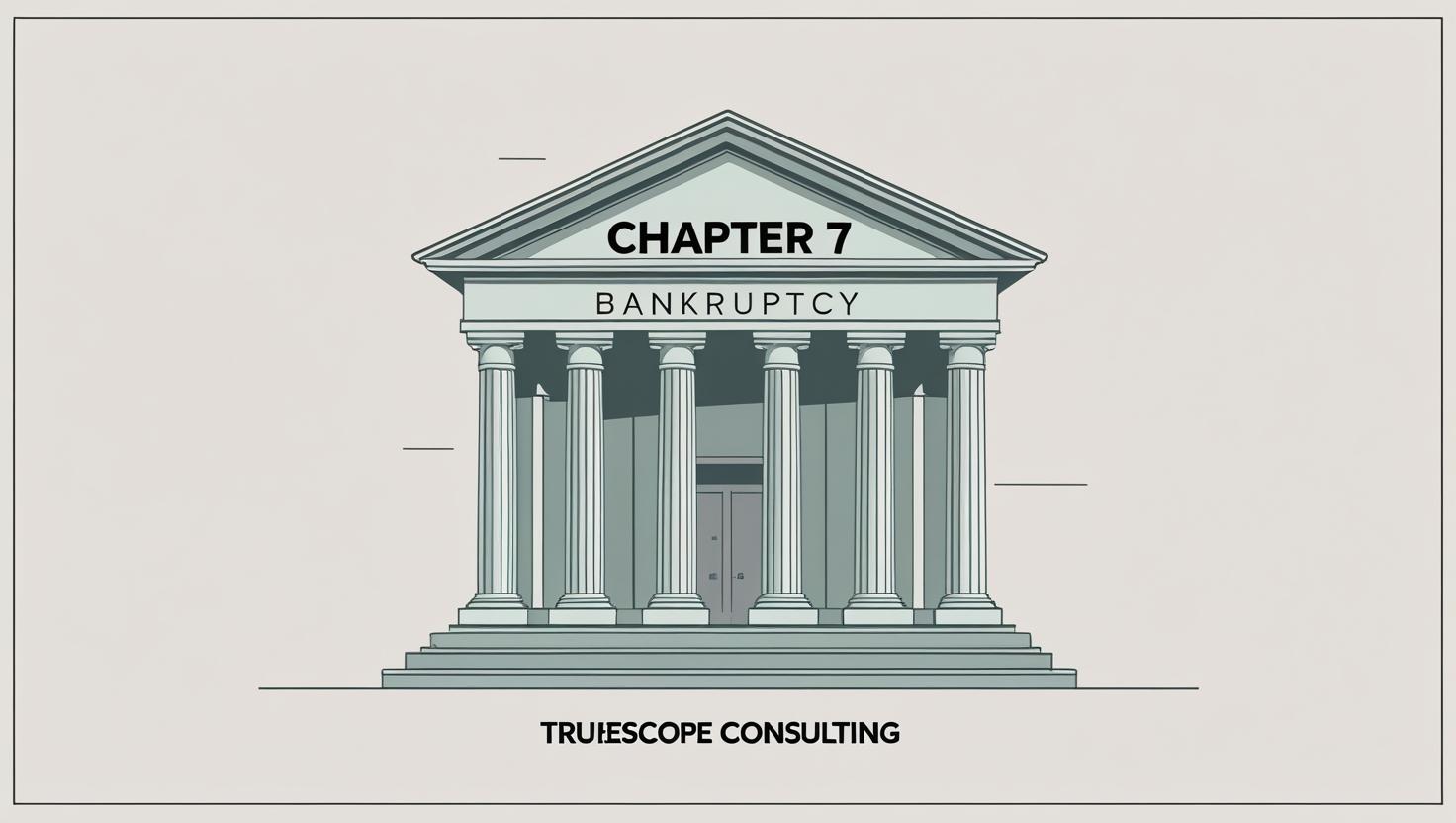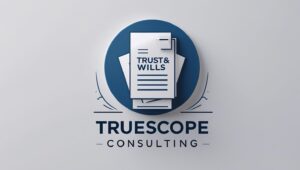Introduction
Receivers and trustees hold a unique position of trust. Appointed to manage and protect assets on behalf of others, they must uphold the highest fiduciary standards. But what happens when the caretakers become the culprits? In this article, we examine real-world examples of fraud by court-appointed fiduciaries and explain how forensic accountants help uncover these schemes. You’ll also learn red flags to watch for and how victims can protect their interests.
When a Trustee Goes Rogue
In Sacramento, California, a professional fiduciary named Loretta Darlene Stewart-Cabrera betrayed her duties. She served as trustee for a trust holding valuable real estate. After the grantor’s death, she was expected to distribute assets to beneficiaries. Instead, she sold the Sacramento property and pocketed most of the proceeds.
According to justice.gov, Stewart-Cabrera received over $300,000 from the property sale but gave beneficiaries only $30,000. She diverted the remaining $270,000 for personal use—gambling, family gifts, and luxury expenses. Eventually charged with wire fraud and money laundering, her actions highlight how unchecked power can lead to abuse.
The Case of a Corrupt Receiver
Receivers manage assets in litigation or fraud cases. They are expected to act impartially and protect victim interests. Yet in Florida, forensic accountant and court-appointed receiver Lewis B. Freeman stole millions from accounts he was hired to oversee.
Freeman set up fiduciary bank accounts, then funneled funds into his own firm’s operating account. Over nearly a decade, he embezzled approximately $6 million. He pled guilty in 2010 to conspiracy to commit mail fraud (FBI archives). His case shocked the legal world and prompted tighter controls over fiduciary roles.
Warning Signs of Fiduciary Fraud
Fraud in trusts and receiverships can be hard to spot. But there are key red flags:
- Lack of Transparency: Delayed reports or vague updates signal potential concealment.
- Lavish Lifestyle Changes: Sudden wealth without explanation warrants scrutiny.
- Suspicious Transactions: Odd payees, inflated consulting fees, or reimbursement checks can hide theft.
- Delays in Asset Distribution: Prolonged case timelines may indicate misconduct.
- Resistance to Oversight: Fiduciaries who avoid audits or court inquiries raise concerns.
The Role of Forensic Accountants
Forensic accountants are vital in exposing and preventing fiduciary abuse. Their tools and techniques include:
- Asset Tracing: Following the money through sales, transfers, and withdrawals.
- Data Analysis: Reviewing bank records and communications to identify anomalies.
- Litigation Support: Providing expert testimony and documentation.
- Fraud Prevention: Conducting proactive audits during trust or receivership administration.
In Stewart-Cabrera’s case, forensic accountants traced funds from property sales to personal purchases. In Freeman’s case, they unraveled nearly a decade of systematic fraud.
How TrueScope Consulting Can Help
If you suspect fiduciary misconduct, TrueScope Consulting can help. Our team specializes in forensic accounting and fraud detection. Whether reviewing trust transactions or auditing a court-appointed receiver, we bring clarity, evidence, and solutions.
To learn more about our forensic accounting services and asset tracing investigations, visit our website.
Conclusion
While most fiduciaries uphold their duty, those who exploit their position must be held accountable. By recognizing red flags and applying forensic scrutiny, victims and courts can detect fraud and recover stolen assets. With experts like TrueScope Consulting on your side, the truth won’t stay hidden for long.











